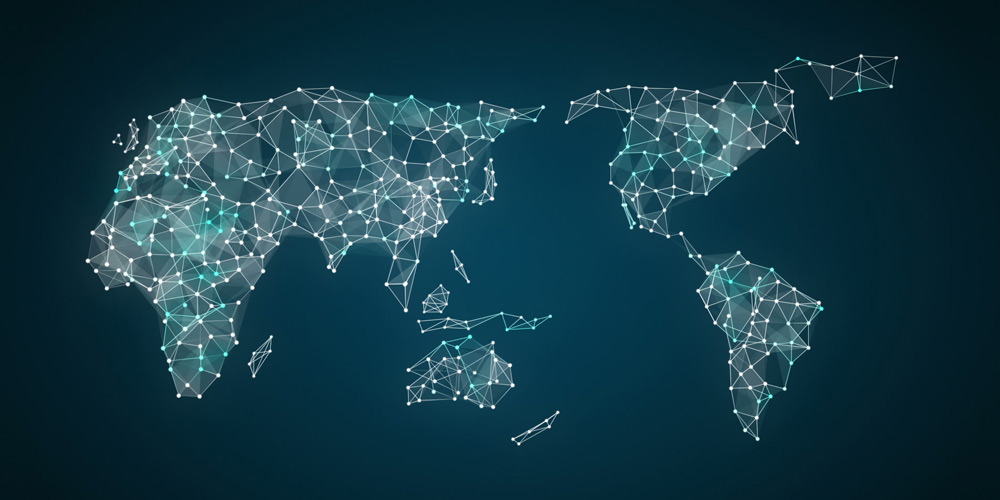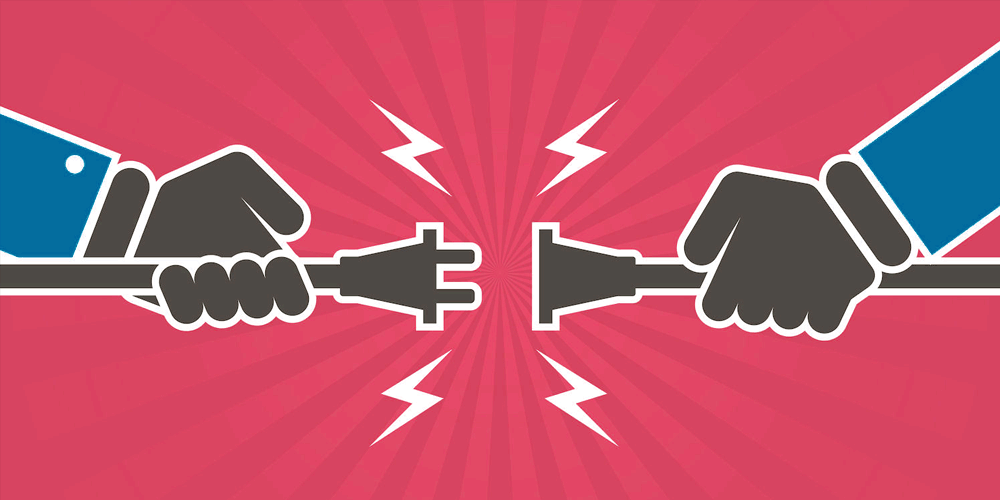With the internet coming to more places, more and more people are connected.
In a good way, this empowers knowledge to spread easier, and makes people more aware of the situations the world is experiencing. But in the bad way, some information may not be acceptable by some regulations.
As the internet continues to gain considerable power around the world, many governments have moved to control it.
But since there is no apparent way to 'contain' the internet as a switch off button doesn't exist, governments can only temporarily disable their internet or cause disruptions for a limited time.
The attempts to shut down the internet are usually predictable.
Governments often claim that internet access is blocked in the interest of public security and order, and may block the internet during elections, or even to prevent cheating in national examinations, like what happened in Ethiopia in 2017.
Whatever their reasons, governments have three general approaches to control their netizens' access to the web.

Complete Internet Block
This is the most severe, as it completely blocks access to the internet on all platforms. It's also considered the most punitive, also with the most significant social, economic, and political costs.
Results from country to country differ, but in general , the financial costs can run into millions of dollars for each day the internet is blocked. A report estimates that a country with average connectivity could lose at least 1.9 percent of its daily GDP for each day all internet services are shut down.
This is because a complete internet block can disrupt or damage businesses, discourage investments, and hinder economic growth.
Russia has been known to seeks ways to control the flow of information on the internet. The country had severed its own internet when fighting the encrypted chat app Telegram, and attempted to redirect every connection into its own firewall so the country can have its very own internet.
Another examples include Egypt in severing its internet to prevent activists organizing demonstrations; Cameroon's internet blackout affecting two of its main English-speaking regions at the northwest and southwest; and Zimbabwe in blocking its internet after citizens launched a series of protests against the government's decision to rise fuel prices, as well as the increasing cost of living in the country.
Content Blocking Techniques
This is done by publicly restricting access to particular sites or applications.
Content blocking is considered the most common strategy, as it only affects only those that are targeted. Most of the times, social media platforms are the targets as they are the places where people can freely share their opinions.
With the internet, various websites and platforms have become a breeding ground for political expression that many countries worry that they can spread rumors that trigger public unrest.
The idea to block certain sites or platforms, is to stop or limit conversations on them, limiting the spread of information that the government dislikes.
One example of this, is in Uganda in 2016 during the country’s presidential elections. The government restricted access to social media, describing the shutdown as a "security measure to avert lies … intended to incite violence and illegal declaration of election results."
Indonesia is one notable country that ISPs are ordered to block all pornographic and betting sites, among others. Using content blocking, the country had previously blocked the likes of Vimeo, Imgur, Reddit, and even threatened to block Instagram.
Bandwidth Throttling
This strategy can be done in stealth.
In this case telecommunication operators or internet service providers lower the quality of their cellular signals or internet speed, making their subscribers to experience a very slow internet. This throttling attempt can also target particular online destinations such as social media sites, making them practically difficult to access.
This attempt can dramatically decrease internet usage to certain sites.

In most cases, governments in shutting down the internet or blocking access to certain websites, is rooted to their determination to control political narrative.
Many see the internet as an existential threat that must be contained. Many governments also see the internet as a threat because it disrupts older forms of government political control, particularly the control of information.
With the internet, and social media in general, governments have somehow lost this control.
And at a time where the internet brought politics closer to the people, citizens can express their hatred, which in turn triggers public unrest.
Social media, for example, inherently encourages political indiscipline and engenders the production and circulation of alternative political narratives. And because social media networks are networked platforms, users all over the world can engage to topics with outcomes that are difficult to police.
With the strategies governments use to restrict the internet and get to control of the networks, none have actually worked.
Many people are bypassing shutdowns through the use of virtual private networks (VPNs) to redirect their internet activity to a computer in a different geographical location, enabling them to access blocked sites, for example. While governments can also ban VPNs by blocking their access, there are too much of them, as well as proxies that exist. There is also the Tor network that can make users anonymous.
While restricting the internet can give the control of information back to the governments, the attempts won't stop demonstrations or hinder the production and circulation of rumors. Instead, without the internet, people tend to be encouraged to create them, with a more damaging affect in the real world.
Without a doubt, the internet is one of the most advanced and powerful tool the world has ever seen. According to its inventor Tim Berners-Lee, the internet is decentralized by nature, and nobody can (should) control it.